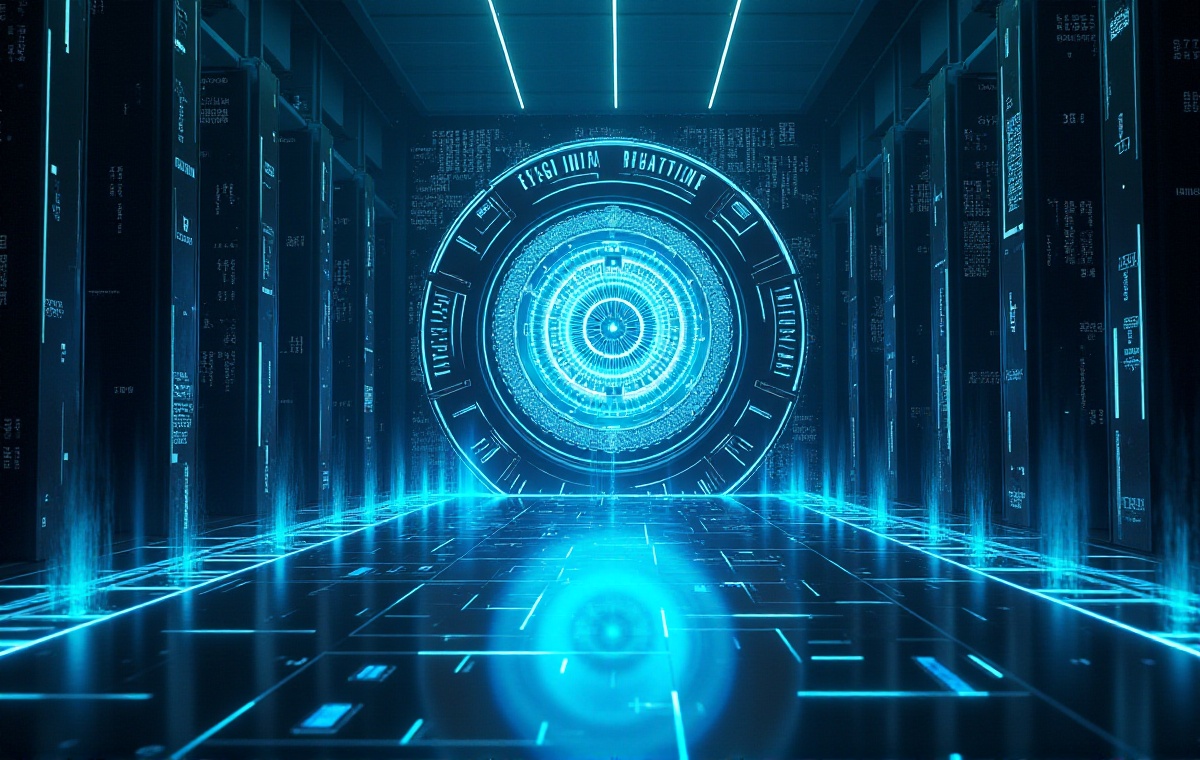Introduction
As a travel blogger who has visited over 50 countries, I've witnessed countless visa-related situations. Some people spend a fortune on agencies only to get rejected, while others breeze through effortlessly - there's definitely more to this story. Today, I want to share a unique perspective because I have a good friend, "K" (pseudonym), who works at the U.S. Embassy. During our meals together, she often vents about visa officers' "unwritten rules," and I always find these conversations fascinating.
To be honest, before meeting K, I also suffered from "U.S. visa anxiety." Every time I read online stories about visa rejections, I thought getting a U.S. visa was a nightmare. However, through in-depth conversations with K, I discovered that many people overcomplicate the U.S. visa process. Today, I'll share these insider insights with you in the most down-to-earth way possible.
Visa Basics
Let's start with some basic knowledge about U.S. visas. The most common type is the B1/B2 visa. B1 is for business, and B2 is for tourism. The U.S. Embassy is quite accommodating nowadays and typically issues a combined B1/B2 visa. What does this mean? It means you can conduct business and visit Disneyland on the same trip without worrying about visa type issues.
K told me something interesting: many applicants wonder why visa officers keep asking about their work when they're just traveling for tourism. This reveals the visa officers' core concern. They're most worried about whether you might overstay in the U.S. Therefore, they're particularly interested in how strong your "roots" are back home.
For instance, if you have a stable job, own property and a car, and have family in your home country, visa officers will feel confident you'll return. Conversely, if you have unstable employment and are single, they might suspect you have immigration intentions. This is why they always probe work-related questions.
K also revealed that many visa officers have their own "rules of thumb." For example, they love checking applicants' social media accounts. If they find photos of your international travels with legal entry records, it's actually a big plus. This shows you're a law-abiding traveler who can afford international travel.
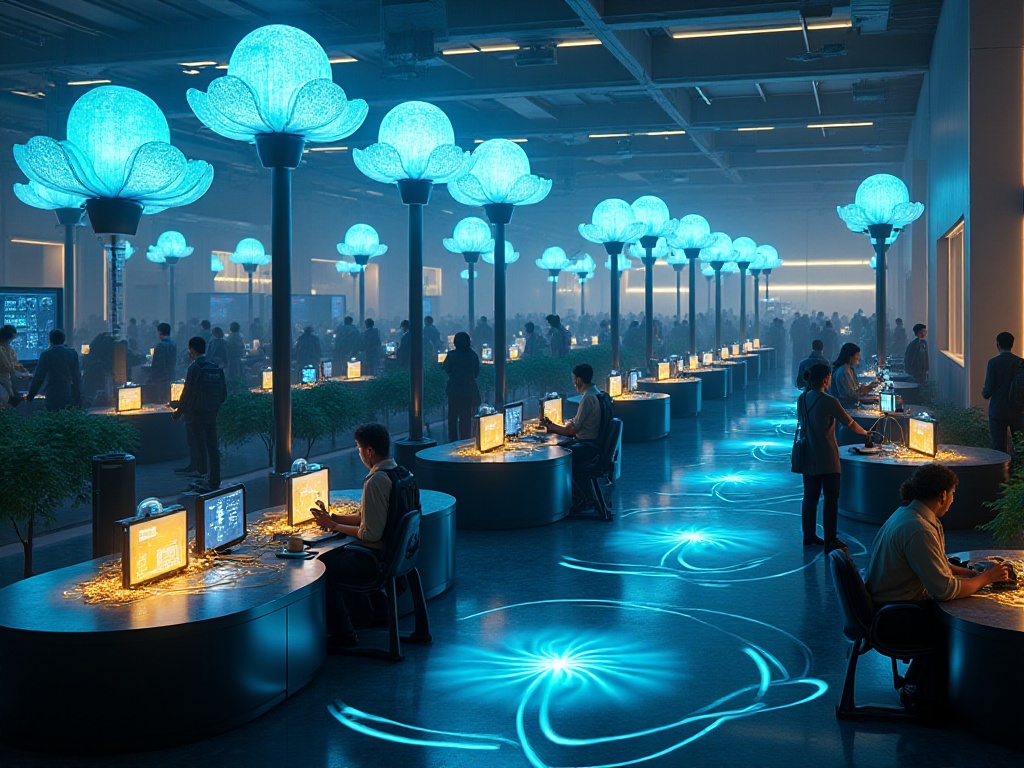
Application Strategy
Regarding U.S. visa applications, the process is quite straightforward now. However, an in-person interview at the embassy is mandatory - this is non-negotiable. I asked K why face-to-face interviews are required, and she explained it's mainly to assess the applicant's credibility in person. Visa officers need to evaluate the authenticity of your travel purpose through direct communication.
Interestingly, K told me that visa officers are now most wary of over-prepared applicants. This might sound counterintuitive, but the logic is simple. If someone appears too perfect, it makes visa officers suspicious of authenticity. It's like dating - if someone seems too perfect, don't you wonder if they're putting on an act?
My first U.S. visa experience was particularly awkward. I brought tons of documents - pay stubs, bank statements, property deed, travel itinerary - my bag was full. But the visa officer didn't even look at them, just asked me a few simple questions. Later, K told me that most visa officers care more about whether your answers sound natural rather than how many documents you bring.
Here's a real case: K once saw an applicant who only brought their passport and DS-160 form. However, when answering questions, they could clearly explain their work situation, income level, and travel plans with a natural tone and confident attitude. They got the visa easily. In contrast, another applicant brought a thick stack of documents but stumbled through their answers with inconsistencies and was rejected.
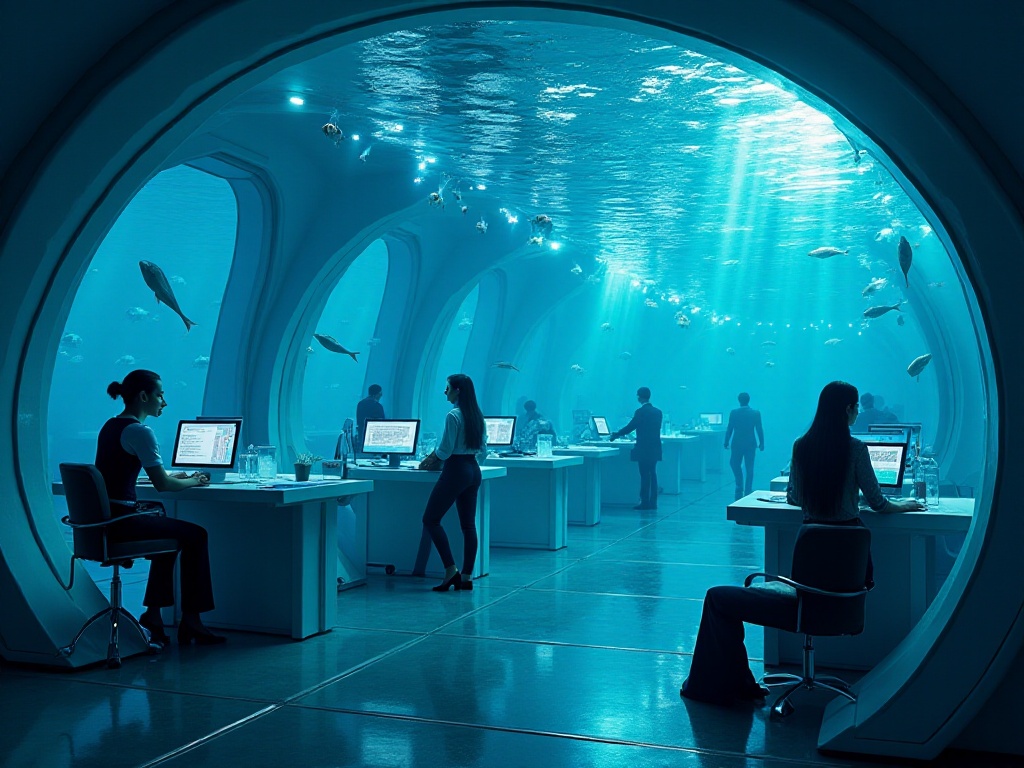
Important Notes
There are some crucial points about U.S. visas that everyone should know. First, while B1/B2 visas are convenient, they have clear limitations. I know a student who thought they could attend classes in the U.S. with a B visa, but they were detained and deported by customs upon arrival. This kind of lesson is truly painful.
K shared a shocking statistic: over 40% of visa rejections occur because people misunderstand visa types. That's a very high percentage! For example, if you want to attend paid training courses in the U.S., a B visa won't work - you need an F visa. If you're going as a journalist, using a B visa will cause serious trouble - you need an I visa. As for working, that's absolutely forbidden under a B visa.
Here's a detail many people don't know: visa validity and permitted stay duration are two different concepts. For example, if you get a 10-year B1/B2 visa, it doesn't mean you can stay in the U.S. for ten years. The specific duration of each stay is determined by customs officers upon entry, usually within six months.
K used a vivid analogy: a visa is like a key that gives you the opportunity to open America's door. But how long you can stay inside is another matter. It's like visiting a friend's house - just because they gave you a key doesn't mean you can live there indefinitely.
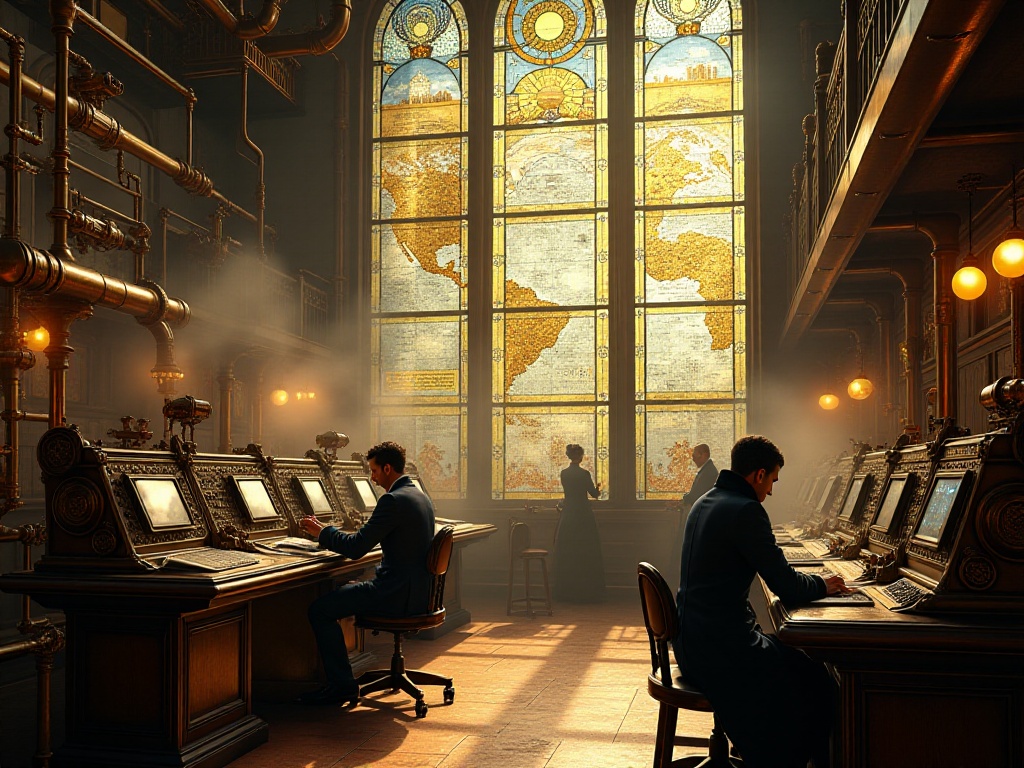
Practical Advice
Regarding how to improve visa approval rates, I find K's advice particularly practical. First, showing authenticity and sincerity during the interview is most important. Visa officers make decisions in an average of 45 seconds, so first impressions are crucial.
This "45-second life-or-death" situation might sound scary, but it makes sense when you think about it. Visa officers interview many applicants daily and have developed strong intuition. If your behavior seems artificial or your answers sound memorized, they can spot it immediately.
Let me share a real example. Last month, a follower was struggling with whether to bring their property deed for the visa application. I asked K about this, and her answer left a deep impression: "If you already own property, there's no harm in bringing it. But never buy property just for the visa - visa officers hate such deliberate preparation."
K also told me that many applicants fall into a trap when preparing documents: they think more is better, but sometimes it backfires. For instance, some people prepare detailed itineraries with activities planned for every day. But to visa officers, this seems unrealistic - how could normal travel be planned so rigidly?
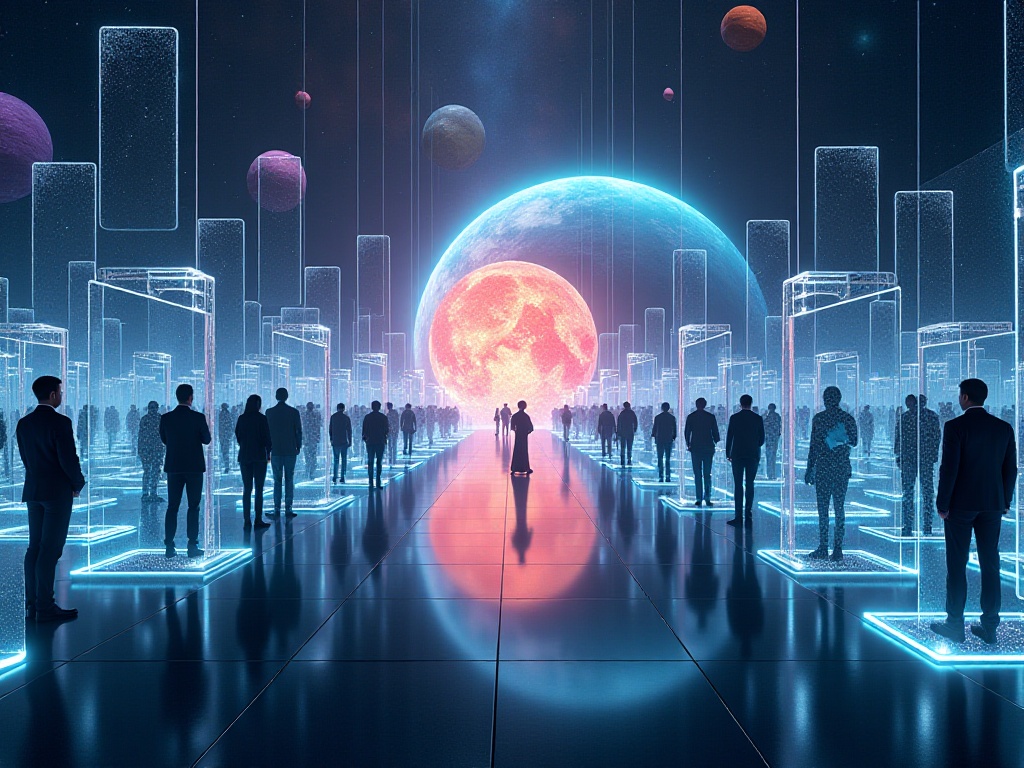
Experience Summary
Through years of observation and deep conversations with K, I've summarized some practical experiences. First, honesty is paramount in visa applications. Don't try to paint a perfect picture or exaggerate your circumstances. Visa officers are experienced and can quickly judge whether you're telling the truth.
Second, document preparation should be practical, not contrived. Take financial proof for example - if your regular salary is $1,000, suddenly having hundreds of thousands in your account will raise suspicion. Normal income and expense records are more likely to gain trust.
Finally, maintain a natural and confident attitude during the interview. Many people get so nervous at the embassy they can barely speak. This isn't necessary - remember, visa officers are regular people, and they prefer dealing with natural, sincere applicants.
K shared an interesting observation: successful applicants often share one common trait - they approach the process with a relaxed attitude. They don't take the visa too seriously or act overly deferential or nervous. They treat it like a normal conversation, which tends to make a better impression on visa officers.
According to K, the U.S. visa approval rate in the first half of 2024 exceeded 85%. This is quite encouraging, showing that with proper preparation, there's no need to worry too much. Of course, "proper preparation" doesn't mean preparing lots of documents, but ensuring your application is genuine and credible.
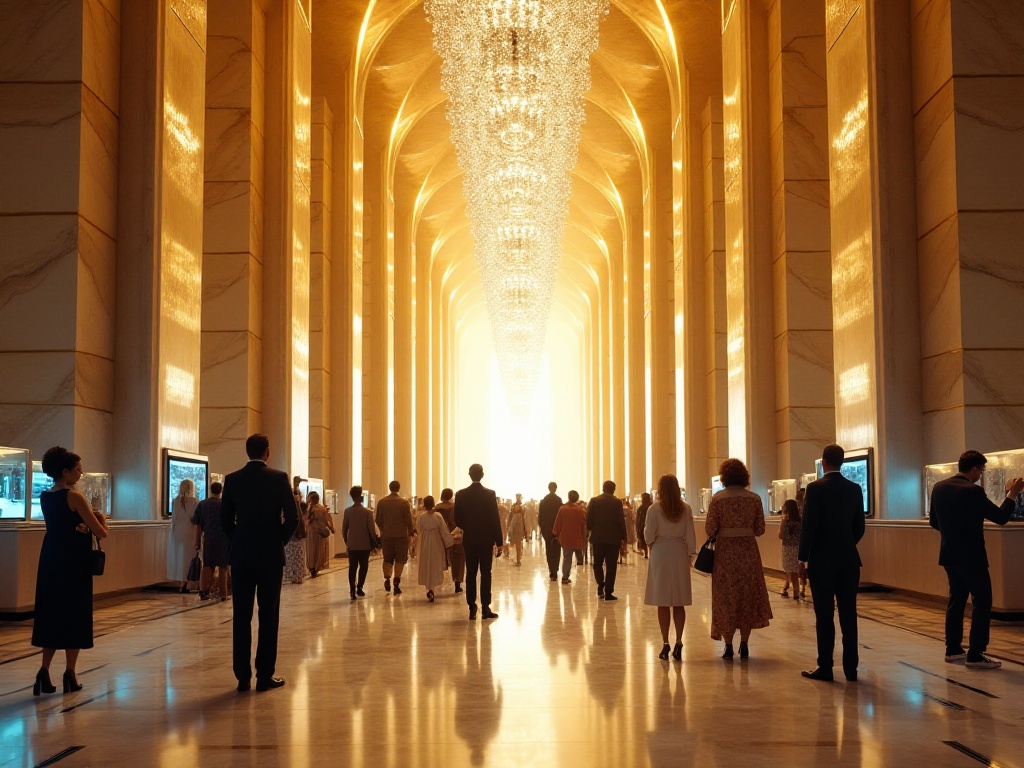
Future Outlook
With rapid technological advancement, visa application methods will certainly become more convenient. K revealed that the U.S. Embassy is testing a new AI interview system. This system can assist in evaluating application authenticity by analyzing applicants' voice, expressions, and body language. Perhaps in the next few years, you'll be able to complete interviews from home.
However, regardless of technological developments, honesty remains the most important principle in visa applications. Visa officers don't care about how much money you have or how many documents you prepare, but whether you're an honest and credible applicant.
K often says that a visa application is like telling a story. This story needs to be true, reasonable, and convincing. If you can tell your story with sincerity, your chances of getting a visa will greatly increase.
Finally, I want to say that while U.S. visa applications should be taken seriously, there's no need to be overly anxious. Stay calm, make appropriate preparations, and I believe everyone can successfully obtain a visa. After all, the meaning of travel is to broaden horizons, make new friends, and experience different cultures. As long as your travel purpose is legitimate, getting a U.S. visa isn't actually that difficult.


